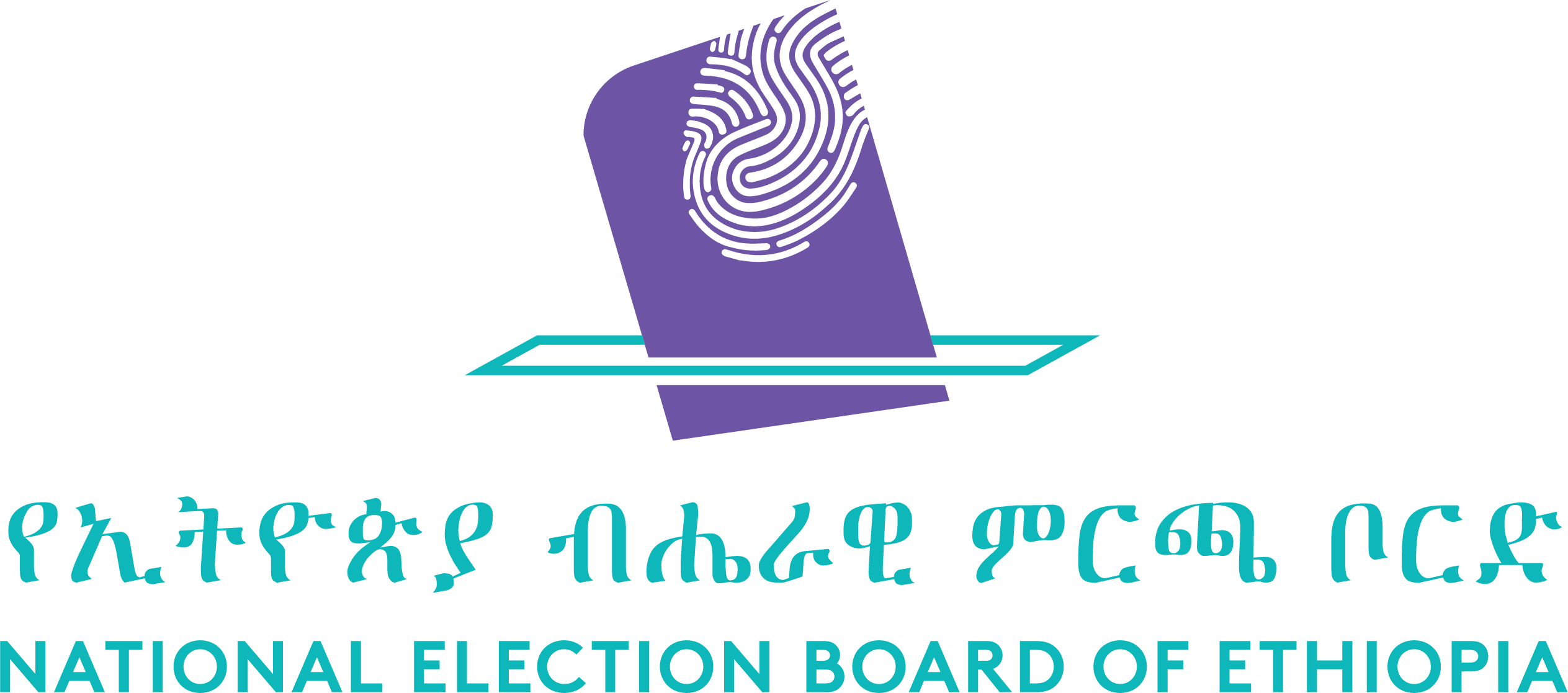An electoral cycle represents the different stages and processes in an electoral system, which encompasses all activities from preparation to an election and all the way through results verification and announcement, as well as grievance hearing and resolution after the election. Electoral cycle is divided into three main periods: pre-election period, election period, and post-election period.
Pre-election period
The pre-election period is the timeline encompassing all activities leading to Election Day. Major activities during this period include: registration of political parties, preparation of the legal frameworks, recruitment, training and assignment of election officials, constituency delimitation, voters registration, gender inclusion, media engagement, civic and voters education, establishment of polling stations, candidate registration, political campaigning, and time for mass media to broaden operations. This period is the time for the elections management body and key stakeholders to engage with and implement a wide range of activities to prepare for and improve the electoral process.
Election period
Based on the electoral cycle, the election period is the time where various important tasks are performed. These include: voting, counting votes, verification and announcement of results, as well as grievance hearing and resolution.
Post-election period
The post-election period is the period after an election is conducted and final results have been announced. This period involves post-election assessment and evaluation, constituency delimitation according to the legal framework, and assessing the Electoral Management Body’s (EMB) strategic plans and readiness for future elections.
